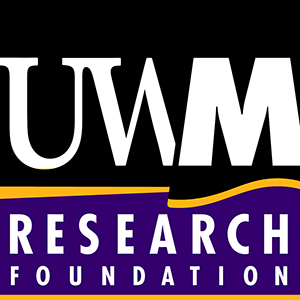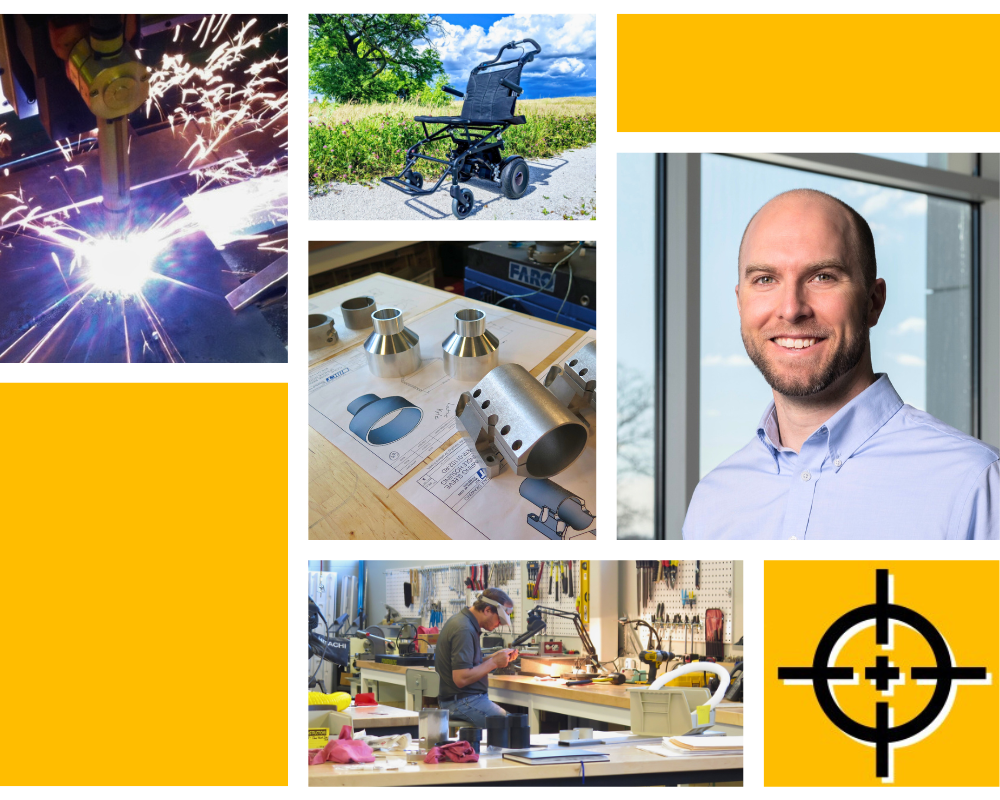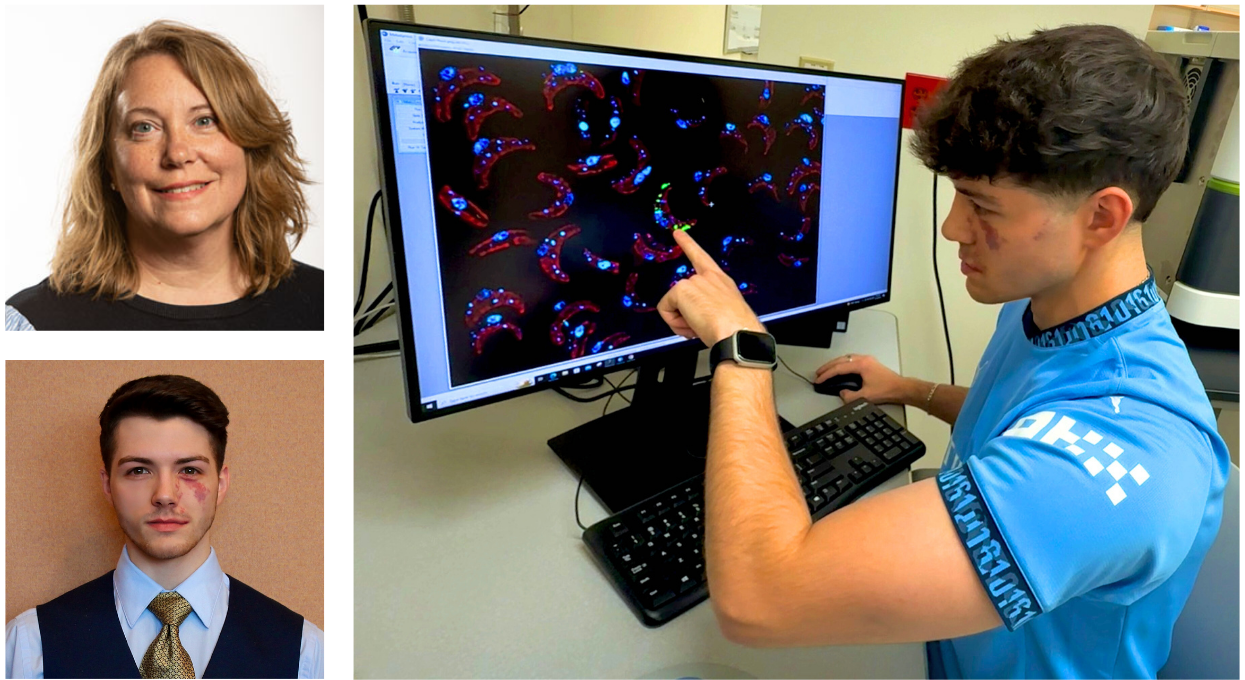UWM Scientists Receive $250,000 for Groundbreaking Research

by Erin Puro
The Catalyst Grant Program has provided $6 million, supporting 114 projects that resulted in 66 issued patents, 50 pending patents, 30 license agreements, and over $40.7 million in follow-on investments. This support has also launched 18 UWM startups. Catalyst projects have achieved nearly a seven-fold return in follow-on grants and investments. This year, five new UWM projects will each receive $50,000 to advance research in drug discovery, breast cancer treatment, solar energy, infrastructure safety, and cybersecurity. These projects highlight the University’s dedication to addressing critical challenges and driving innovation.
Using Advanced Computer Models to Find New Treatments for Skin Disease & Leukemia Dr. Arjun Saha, Dept. of Chemistry and Biochemistry
Dr. Saha’s project aims to revolutionize the understanding and targeting of protein-protein interactions (PPIs) in diseases. By combining machine learning algorithms with quantum chemistry and molecular dynamics, this research seeks to design small molecules that can modulate PPIs, providing new avenues for drug discovery in cancer and neurodegenerative diseases.
Identifying Breast Cancer-Fighting Proteins from Healthy Cells Dr. Qingsu Cheng, Dept. of Biomedical Engineering
Dr. Cheng’s team is investigating proteins naturally secreted by human cells that inhibit the growth of triple-negative breast cancer (TNBC) cells. Using organoids derived from patient tumors, the goal is to identify proteins that can be developed into small molecule drugs, offering a cost-effective treatment for this aggressive cancer.
Developing Low-Cost Materials for Better Solar Panels Dr. Nikolai Kouklin, Dept. of Materials Science and Engineering; Dr. Konstantin Sobolev, Dept. of Civil and Environmental Engineering
This project focuses on developing zinc oxide phosphate films for use in solar cells and other optoelectronic devices. The researchers aim to overcome current material challenges in solar energy, offering a cost-effective and scalable alternative that enhances efficiency and environmental sustainability.
Creating a Device to Safely Test Anchors in Concrete Structures Dr. Jian Zhao, Dept. of Civil and Environmental Engineering; Dr. Nathan Salowitz, Dept. of Mechanical Engineering
This research team proposes a “smart cap nut” to detect defects in adhesive anchors used in concrete structures. By generating and measuring micro vibrations, this device aims to improve safety and reliability in construction, addressing a critical need for nondestructive testing methods.
Improving Cybersecurity for Advanced Manufacturing Systems Dr. Zhen Zeng, Dept. of Computer Science
Dr. Zeng’s team plans to create a large language model-assisted threat modeling system to enhance cybersecurity in complex advanced manufacturing systems. By automating repetitive tasks and integrating threat intelligence, this tool seeks to significantly reduce the time and effort required for threat modeling, improving the security posture of organizations.



